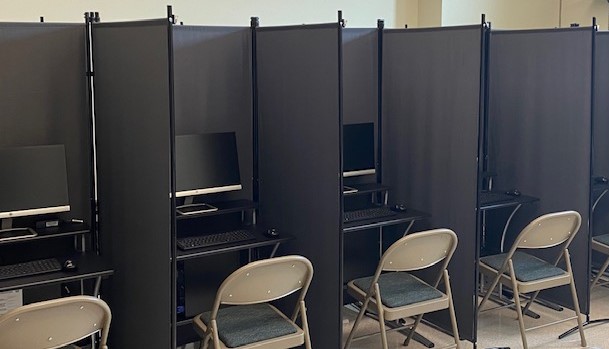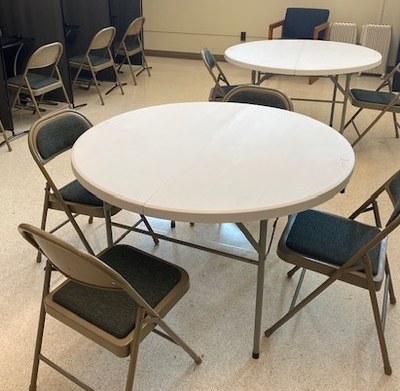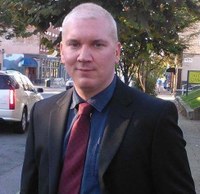CONSTITUTIONAL AND COOPERATIVE DECISION-MAKING LAB
We conduct lab experiments and field research to study the social cognitive and institutional foundations of societal cooperation and governance, within social-ecological dilemmas. We do this from the perspective of humans as constitutional decision-makers.
Most societal problems are social dilemmas!
Social Dilemmas are contested situations where people with different goals, interests, beliefs, and positions in society find themselves competing for resources, influence, or important societal goods and services. In these situations, people need to learn to cooperate despite their differences, in order to solve difficult societal problems for mutual (rather than individual) benefit. Human civilization requires management of numerous interlocking (i.e., related and connected) social dilemmas pertaining to resource use, government, public health, and so forth.
A familiar type of dilemma is the resource dilemma, in which different stakeholders need to cooperatively manage a shared, but limited resource like a forest, oil reserve, or water system (e.g., river, lake). Another familiar example of a resource dilemma is competition for scarce groceries, medicines, protective equipment, facilities, and toilet paper (household supplies) triggered by the 2020 COVID-19 pandemic in the U.S. Governments and individuals throughout society need to learn to coordinate their actions, cooperate, and share these resources for individual and mutual benefit. Another familiar dilemma is the public good dilemma, as situation where individuals need to contribute valuable but limited time, effort, skills, and other resources to generate something beneficial for others, such as blood charity drives, taxes to fund public infrastructure (e.g., roads) and national security, and cooperation to develop government systems (e.g., rules, enforcement, decision procedures) with which to resolve other dilemmas (e.g., governance systems to resolve resource dilemmas). These and other kinds of societal problems can be morally or politically contested (i.e. moral dilemmas, political dilemmas).
Humans are constitutional decision-makers, meaning that they create institutions (rules, rule systems) and social contracts (formal and informal agreements) to govern themselves and society. When doing so, these constitutional agents engage in complex decision-making processes, which are only beginning to be understood by science but that aided humans for millennia (Vincent Ostrom, 1980, 1998; Elinor Ostrom, 1998). However, poor or deficient constitutional decision-making underlies many of society's problems and failures to solve the social-ecological dilemmas we now confront.
The Constitutional and Cooperative Decision-Making Lab (CCDM Lab) seeks to understand and describe the constitutional decision-making processes that underlie human behavior and societal conflict, cooperation, and social-ecological sustainability (see also our State-Reinforced Self-Governance and Adaptive Social-Ecological Systems (SRSG/ASES Lab) for further research)
Research Facilities
To study human behavior, we often create social-ecological dilemmas in the lab. These experiments are designed to simulate the key characteristics of real-world social-ecological dilemmas, including social, ecological, and institutional dynamics).
Our physical research lab consists of a 13-computer networked system, designed for individual and group decision-making experiments. We also host space for in person experiments involving board game based social-ecological dilemmas (i.e., board games that simulate real-world dilemmas), to research learning, constitutional decision-making, and cooperative processes.
 |
 |
|---|---|
| Participant Stations | Flex Space |
Join my Lab!
- UNDERGRADUATE STUDENTS: Are you interested in being an Undergraduate Research Assistant in my lab? Please complete this application.
- GRADUATE STUDENTS: Email me to inquire about opportunities in Psychological & Brain Sciences' Experimental Psychology Program.
Current PhD Students
Alanea Graci, MS
Dissertation Project: Emotion Regulation, Reasoning, and Procedural Safeguards in Politically-Polarized Moral Dilemmas
Former PhD Students

Rachel Appel, PhD
Appel, Rachel, "Formalizing the Faustian bargain within the healthcare domain: an end-of-life approach." (2023). Electronic Theses and Dissertations. Paper 4209. Retrieved from https://ir.library.louisville.edu/etd/4209

Jason Bush, MS
University Diversity Fellow recipient
Bush, J., DeCaro, M.S., & DeCaro, D.A. (2023). Playing a social dilemma game as an exploratory learning activity before instruction improves conceptual understanding. Journal of Experimental Psychology: Applied 29(4), 725–746. https://doi.org/10.1037/xap0000470

Sarah French, PhD
Applying exploratory learning methods to sociopolitical beliefs and cognition." (2024). Electronic Theses and Dissertations. Paper 4370.
Retrieved from https://ir.library.louisville.edu/etd/4370

